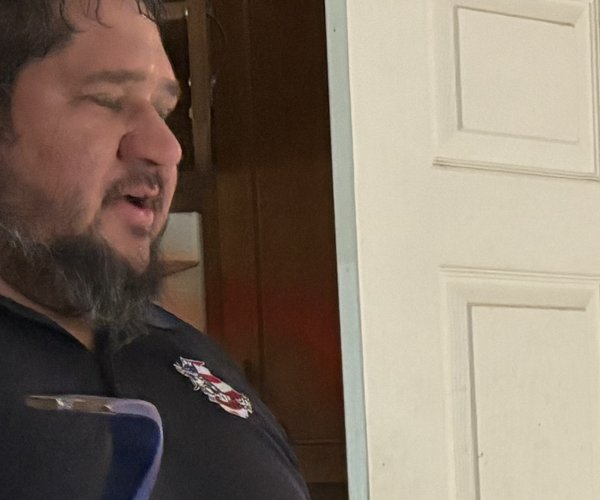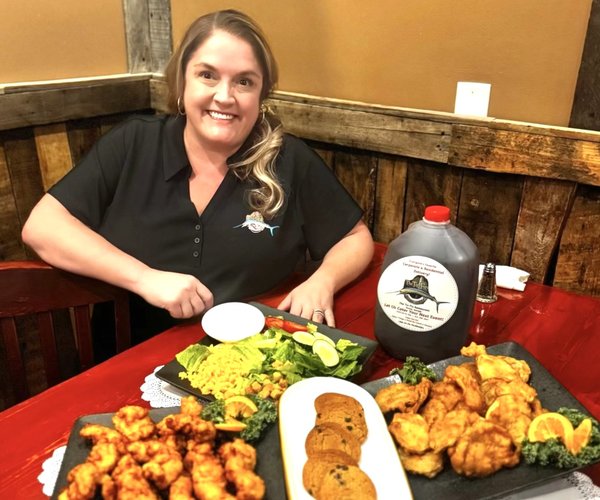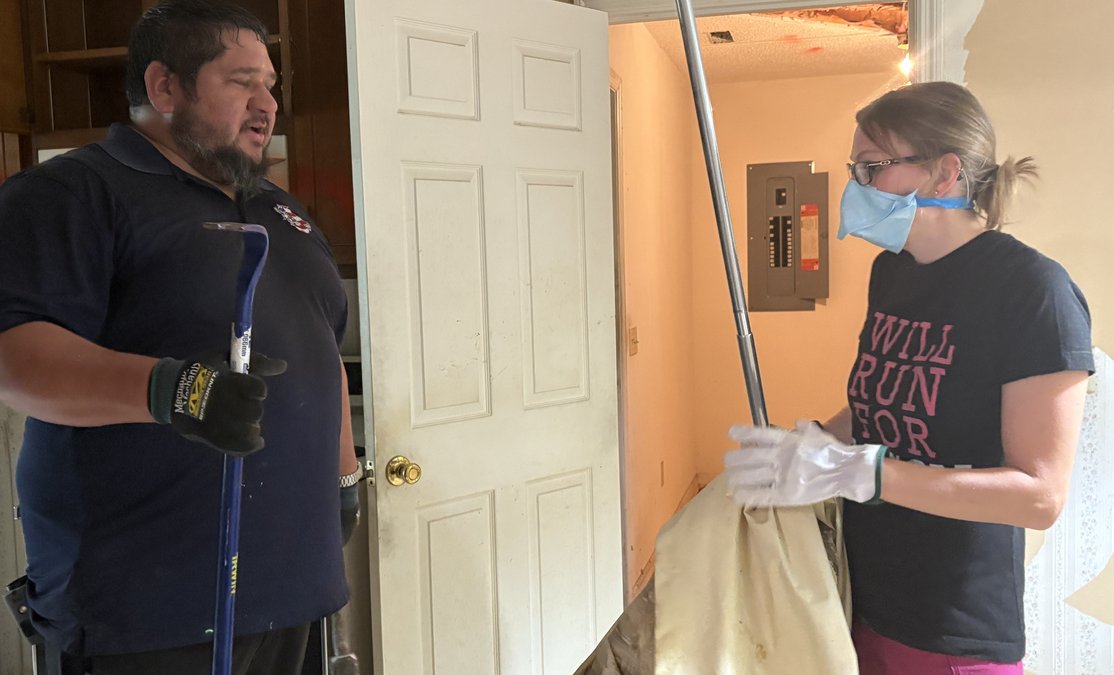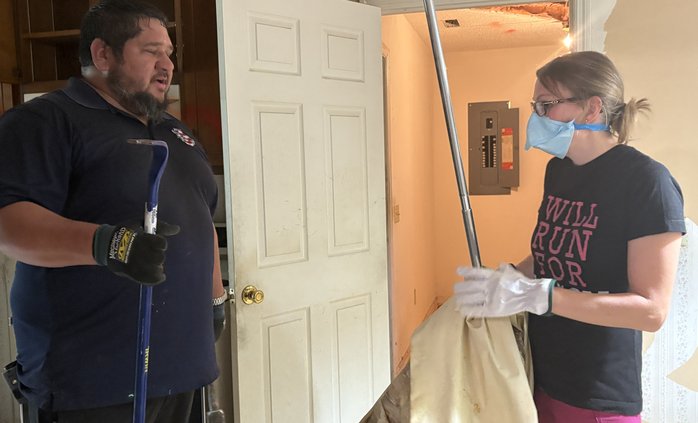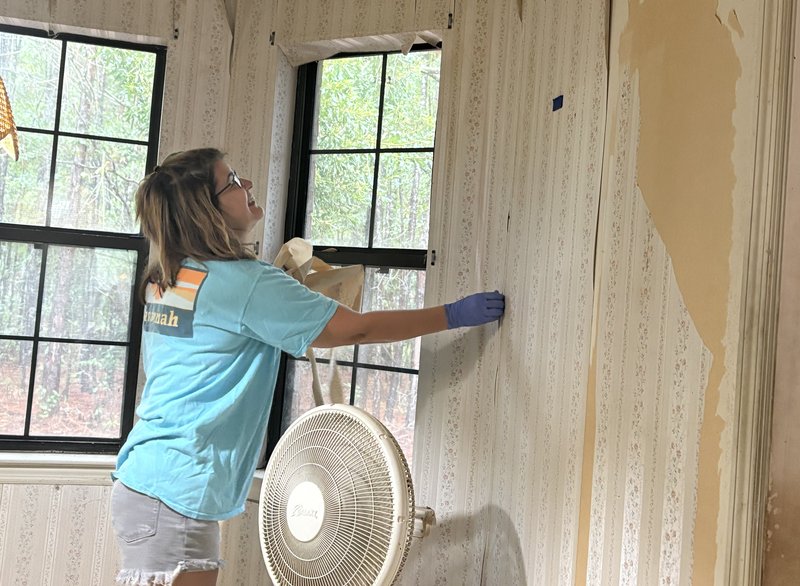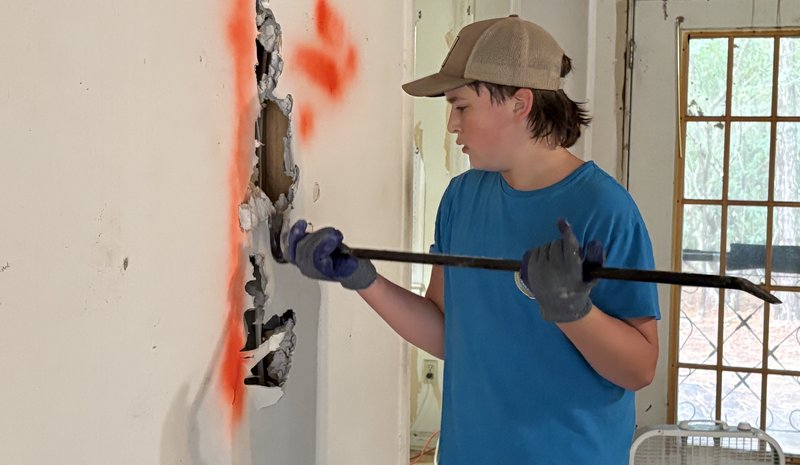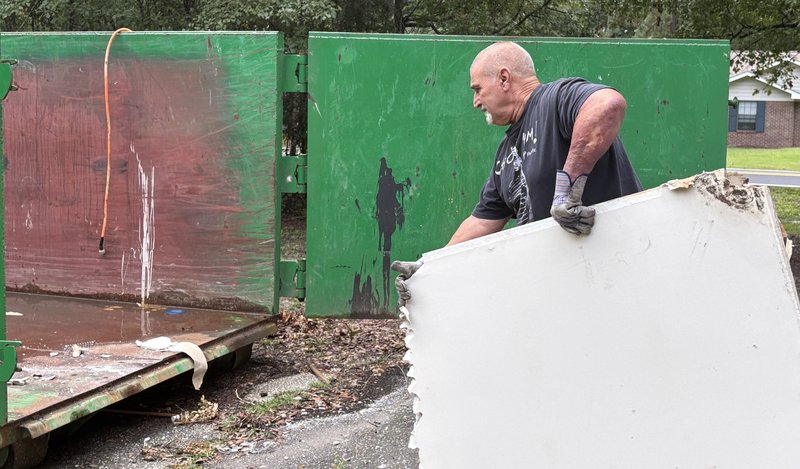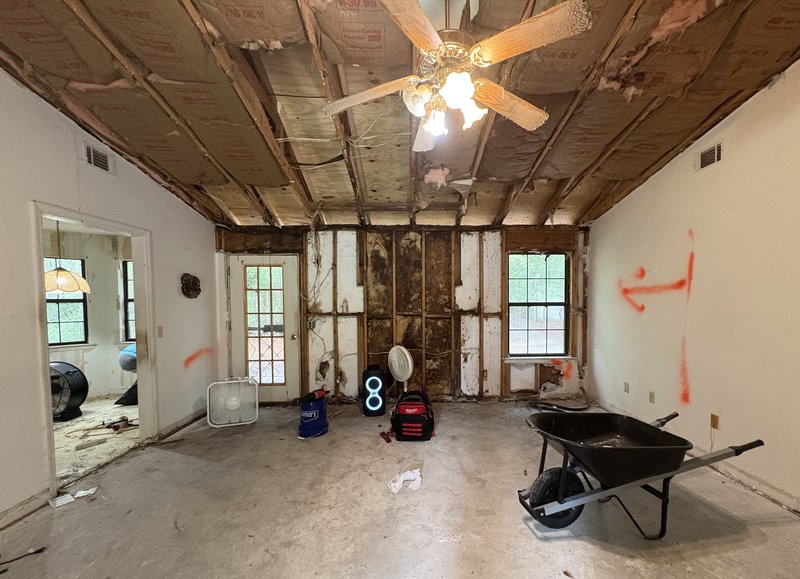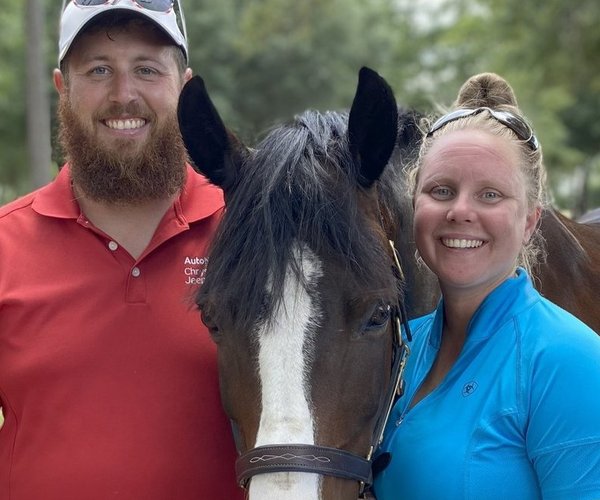STATESBORO — The Ogeechee Riverkeeper organization filed an appeal Friday in protest of a wastewater discharge permit allowing a textiles plant to release chemical-laden waste into the Ogeechee River.
The best thing for the river is for King America Finishing to remove its discharge pipe, Ogeechee Riverkeeper Dianna Wedincamp said.
On behalf of the Ogeechee Riverkeeper organization, Atlanta-based GreenLaw and Stack and Associates filed an appeal of the Georgia EPD’s issuance of what they call “a water pollution permit” for King America Finishing’s plant in Screven County.
“For over six years, King America Finishing has illegally polluted the Ogeechee River,” Wedincamp said. “Tens of thousands of fish have died as a result of their illegal activity and the river downstream from them has been unsafe.”
Lee DeHihns, an attorney representing King America, said: “The new permit replaces the 2001 permit issued to King Finishing and has been updated to reflect all current facility operations.”
The permit places specific limits on the facility’s discharge for ammonia, formaldehyde, and dissolved oxygen with accelerated compliance schedules, he said.
“Additionally, the facility must regularly pass Whole Effluent Toxicity testing, which heavily monitors and regulates any impact that King America Finishing operations could have on wildlife and river ecology,” DeHihns said.
He added that the legal challenge resulting from the appeal will “… delay the effectiveness of the new permit for up to several months.”
The EPD issued the permit after public outcry against the plant’s discharges, which were linked to the largest fish kill in Georgia history in May 2011 as well as a subsequent kill a year later.
This followed the plant’s discharging illegally for several years, without a permit. The 2001 permit expired several years ago, Wedincamp said.
The only action the EPD took against the plant for this and other infractions was a consent order to spend $1 million in river improvements – a move that has been appealed and is still in litigation. Bulloch County Superior Court Judge John R. Turner overturned an Atlanta administrative law judge’s ruling that residents had no right to input regarding the EPD’s decision; the judgment was appealed and remains in a higher court.
“King America Finishing is disappointed that its long effort to obtain this permit will be placed on hold while the permit’s conditions undergo scrutiny before an Administrative Law Judge,” DeHihns said. “For over a year, EPD has repeatedly announced that the Ogeechee River has been meeting water quality standards and repeatedly confirmed that there have been no indications of toxicity problems from the facility’s discharge into the Ogeechee River.”
Wedincamp disagreed.
“The permit that the state issued allows this pollution to continue,” Wedincamp said Friday. “We believe the state should require King America to remove the pipe from the Ogeechee and reuse their wastewater instead of subjecting people and wildlife to their toxic chemicals.”
The appeal was filed Friday, the last day it would have been possible to do so. Wedincamp said attorneys worked up to the deadline gathering data.
“There is no limit set in the permit regarding ammonia, formaldehyde, and color except on reporting it,” she said. “It seems like we are back to square one.”
Tests show there are what she considers extremely high levels of these chemicals and more in the Ogeechee River waters downriver of the plant. Tests upriver do not show the high levels of chemicals, she said. Also, when fish kills were investigated, no dead fish were found upriver of King America.
While the cause of the fish kills was ruled to be columnaris, a bacterial disease caused by environmental stress, Wedincamp and others assert that the stress is caused by a high level of chemicals in the water, paired with low water levels.
The appeal was filed in the Office of State Administrative Hearings and claims the permit allows King America Finishing to continue to pollute the Ogeechee River.
“The state has consistently and repeatedly refused to require King America to stop its pollution of the river,” said Hutton Brown, an attorney at GreenLaw. “This permit violates state and federal law. It gives the industry the ability to add more pollution to the river and to continue to degrade the health of the river and put fish, wildlife and people at risk.”
Wedincamp said the permit should have much more stringent limits for ammonia and other chemicals that lower oxygen levels in the river, and she feels formaldehyde should not be allowed to be discharged into the river at all.
“We feel this is going to allow continued toxic chemicals that will cause more fish kills, and it is not good for people downstream.”
Several land owners have filed lawsuits against King America Finishing, claiming property damage and loss of value. Some have sued with claims of health effects, including breathing issues after having been swimming in the river. Some reported blisters and rashes the weekend of the May 2011 fish kill.
“The permit continues the pattern of coddling the industry at the expense of those who are most affected by the pollution,” said Don Stack, of Stack and Associates. “The … permit … excuses the industry from the responsibility to clean up their waste before sending it out into the Ogeechee. By filing this appeal on behalf of Ogeechee Riverkeeper, we are asking the Office of State Administrative Hearings to find the permit invalid and send it back to the state agency.”
Wedincamp said the best solution is to remove the pipe entirely and halt any discharge into the river.
“Other companies use better technologies and reuse treated wastewater, and do not discharge into the river,” she said. “Taking the pipeline out of the river is preferable. We don’t trust (the permit),” she added, because the plant was allowed to operate without a permit for so many years, and was not strongly reprimanded or fined for violations discovered in an investigation following the 2011 fish kill.


